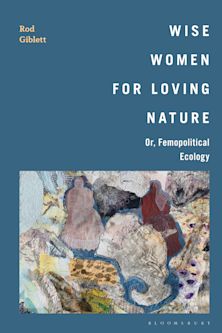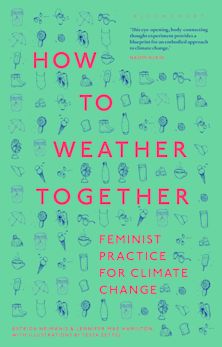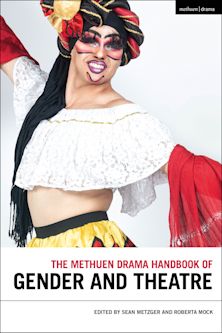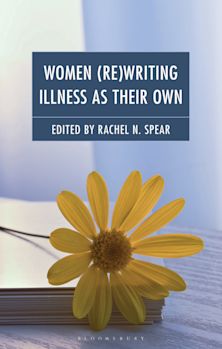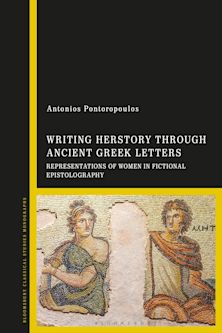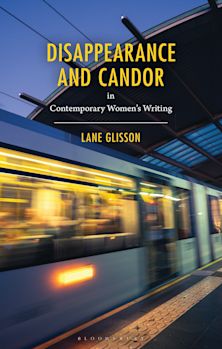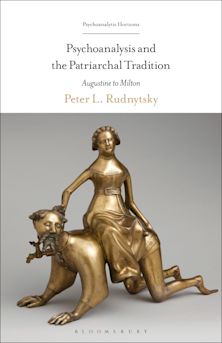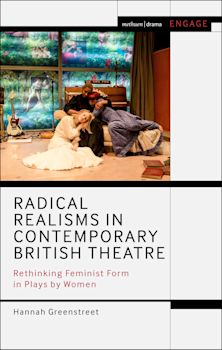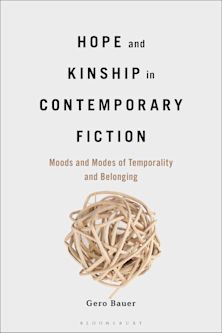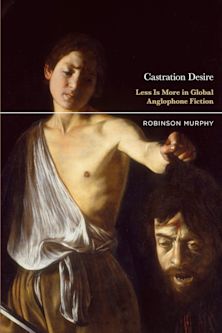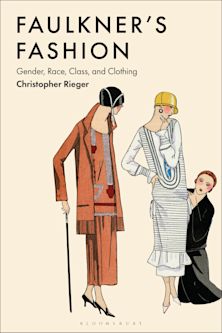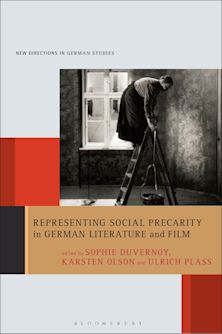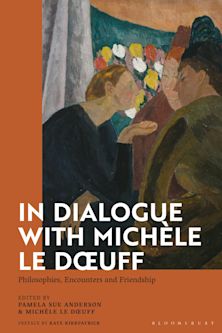Trans-imperial Feminism in England and India
Catherine Dickens, Marie Corelli, and Rokeya Sakhawat Hossain
Trans-imperial Feminism in England and India
Catherine Dickens, Marie Corelli, and Rokeya Sakhawat Hossain
This product is usually dispatched within 1 week
- Delivery and returns info
-
Free CA delivery on orders $40 or over
Description
Trans-imperial Feminism in England and India: Catherine Dickens, Marie Corelli, and Rokeya Sakhawat Hossain demonstrates the trans-imperial dimensions of gender-based oppression and traces the emergence of trans-imperial feminist consciousness between England and India. The book identifies a “new constellation” for literary studies that links the demise of Charles and Catherine Dickens’s marriage in the midst of an imperial crisis, the 1857 Sepoy Rebellion; Marie Corelli’s use of elements of the Dickens Scandal in her 1896 novel The Murder of Delicia; and Rokeya Sakhawat Hossain’s 1922 translation and critical adaptation of Corelli’s novel, Delicia Hatya. Further, the book also offers a richly contextualized reading of Hossain’s 1924 New Woman novel Padmarag to demonstrate the culmination of trans-imperial feminist consciousness. Kellie Holzer coins the term “trans-imperial feminism” to denote a dispersed feminist formation of the late nineteenth and early twentieth centuries characterized by ambivalent agency, asymmetry, “feminist snaps” that resound across empire, and partisanship forged through storytelling. Combining the methods of area studies and critical comparativism, Holzer’s analysis demonstrates how the trans-imperial circulation and citation of women’s stories, both lived and fictional, rescripts women’s lives and imagines new feminist constituencies. Ultimately, Holzer suggests that such trans-imperial aesthetic pairings have the potential to revivify Victorian Studies.
Table of Contents
Catherine Dickens and Imperial Patriarchy
Chapter 2
Marriage as Murder: Marie Corelli’s The Murder of Delicia
Chapter 3
Translation and Trans-imperial Protest: Delicia Hatya and Kahake
Interlude
The Rise of the Bengali Novel and the Indian New Woman
Chapter 4
A New Formula for Fiction: Hossain’s Padmarag
Product details
| Published | Dec 15 2024 |
|---|---|
| Format | Hardback |
| Edition | 1st |
| Extent | 160 |
| ISBN | 9781666930054 |
| Imprint | Lexington Books |
| Illustrations | 2 Tables |
| Dimensions | 229 x 152 mm |
| Series | Transforming Literary Studies |
| Publisher | Bloomsbury Publishing |
Reviews

ONLINE RESOURCES
Bloomsbury Collections
This book is available on Bloomsbury Collections where your library has access.












